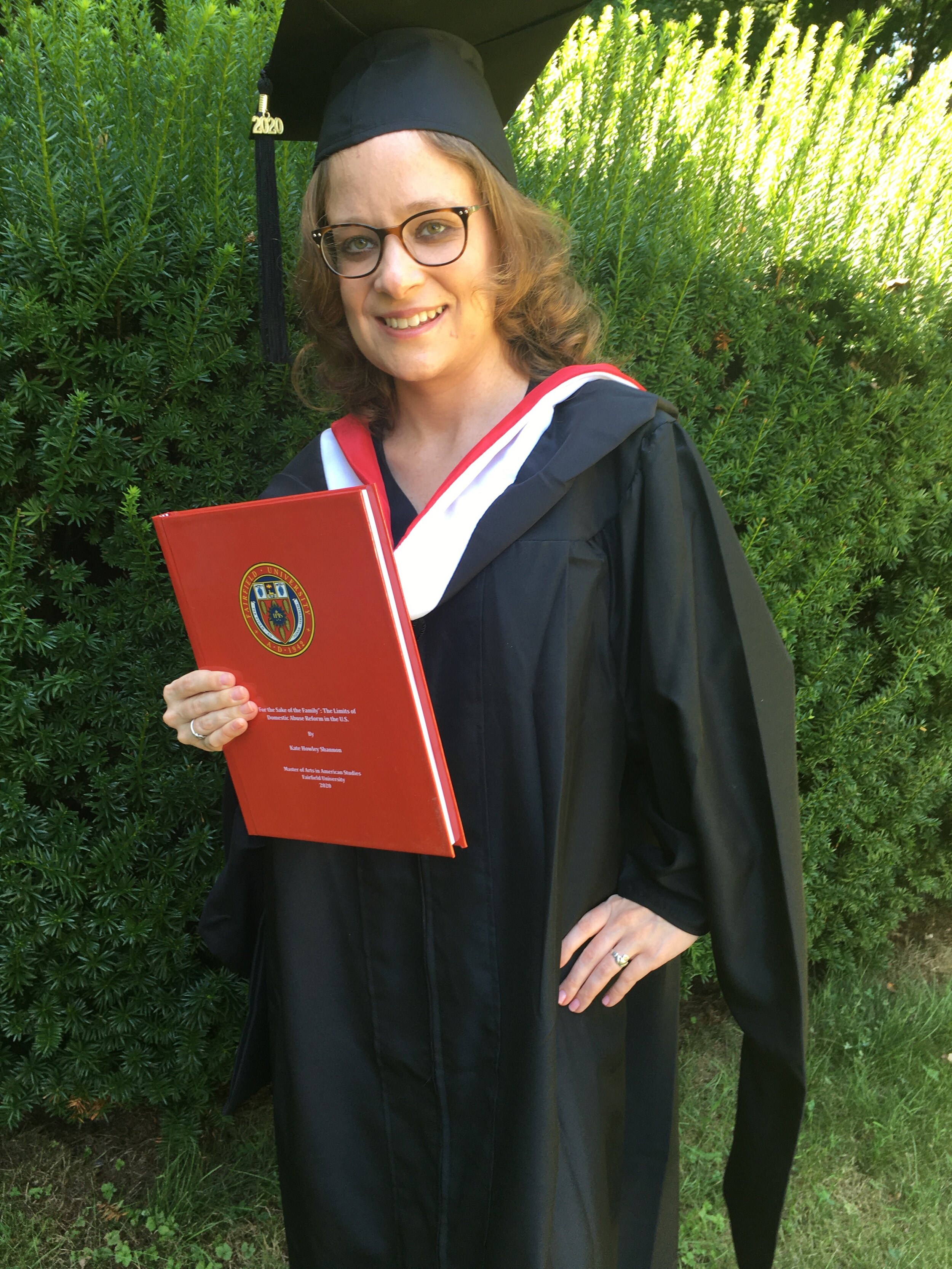Coping | Daily Life | IBD

“No one will know,” my doctor assured me shortly after diagnosing me with severe Ulcerative Colitis. A few days later, a nurse told me that I “was very fortunate” my disease was invisible, and no one would think of me differently. My parents expressed similar relief. My mother warned me never to tell anyone because they would hold it against me. I would never get a job. People would not want to be my friend. People would stare. People would think I was gross. My world would end.
At first, I thought all these people were right. I returned from my first hospitalization and jumped back into work and school as if nothing changed. I stayed up late ‘perfecting’ every paper I wrote, stressed about grades and other petty matters, and drank coffee like it was water. But, as soon as I began tapering off the steroids, my body revolted. It reminded me that even though my illness was invisible, it was real.
My doctor stopped the tapper, but it was too late. I grew thinner, paler, and weaker each day. I had to stop working and lighten my course load. Taking a shower became a depleting activity that required hours of sleep to recover. Even walking to the fridge for a glass of water felt left me panting and light-headed (my house is not big and has no stairs). The months passed as I started and failed treatment after treatment. I could feel myself slowly fading away like a rose in late autumn.
Still, everyone advised me to keep my disease a secret. I became a master liar, telling people that I was “looking for a new job” or “trying to find myself.” Every time I left the house, I became an actress, playing a healthy, average, and happy young adult. I wore baggy clothing to hide my bony body and makeup to add color to my paper-white skin. The show was excruciating, but the thought of being honest horrified me. How would it impact my employment? Would it prevent me from getting a job? Would it impact my health insurance? Would I be shunned? Isolated? Ostracized?
These fears and more ran through my head every time I thought about peeling off my mask and quitting the act. Then, I ended up in the hospital for weeks on TPN. I had my colon removed in emergency surgery and needed two additional surgeries to finish removing my rectum and creating my j-pouch. The physical aspect of these hospitalizations, surgeries, and treatments was draining, but the psychological damage was worse.

I fell into a deep depression and began having hospital-related nightmares every night. I was not okay. I could not keep pretending everything was fine when the world seemed to be crashing in on me. The act was over.
I began by reaching out to a few close friends. I explained why I was always “unavailable” or “busy.” Most were supportive and understanding. Then, I reached out to the disability services office at my graduate school to receive official accommodations like accessing class via Zoom (before that was the norm!) and unlimited bathroom breaks. These disclosures were far from easy. I remember feeling my palms sweat and my heart race as I whispered the words “ulcerative colitis” in a shaky voice to the student services worker. I looked down at my feet as I explained it to her so that I would not need to see her initial response. But, as with my friends, the student services office was understanding. My professors understood as well. My heart raced a little less each time I disclosed and received acceptance. Disclosure was not the end of the world; it was a means for me to survive, compete, and thrive.
This being the case, I still feel the need to pass as healthy in many situations. Re-entering the workforce after my surgeries was a challenge for me. How was I supposed to explain the two-year-gap in my resume? Would employers think that I was not capable of holding down a full-time job? Would they consider me a risky hire? Once again, I resorted to deception. I explained the gap by saying that I had changed my MA thesis topic last minute or that I was trying to make a career change. Or, I just let it go unmentioned and hoped that the interviewer did not make judgments.
I remain guarded in the professional setting. I have amazingly kind co-workers, but they do not know about my IBD. They do not know how concerned I am about COVID-19 or the knot I feel in my stomach every time I see news coverage of overcrowded hospitals. They do not know that I need to go to bed at 8:00 PM each night to get enough sleep or that I often hide intense fatigue behind my energetic smile. I do not want people to think that I am not reliable or capable of working amid a global pandemic. I do not want to be the first person ‘let go’ if there are cuts. It feels like such a betrayal to my fellow chronic illness community, but I need to survive.
This is the unfortunate reality of having an invisible illness in a society that values people based on their output, productivity, and consistent ability to excel. It is the cost of living in a country with expensive employer-based healthcare. I hope that this will change someday, and that people like me can quit our performance and be true to ourselves. In the meantime, I will do what I can when I can to raise awareness for my community while not putting myself at too much risk.
